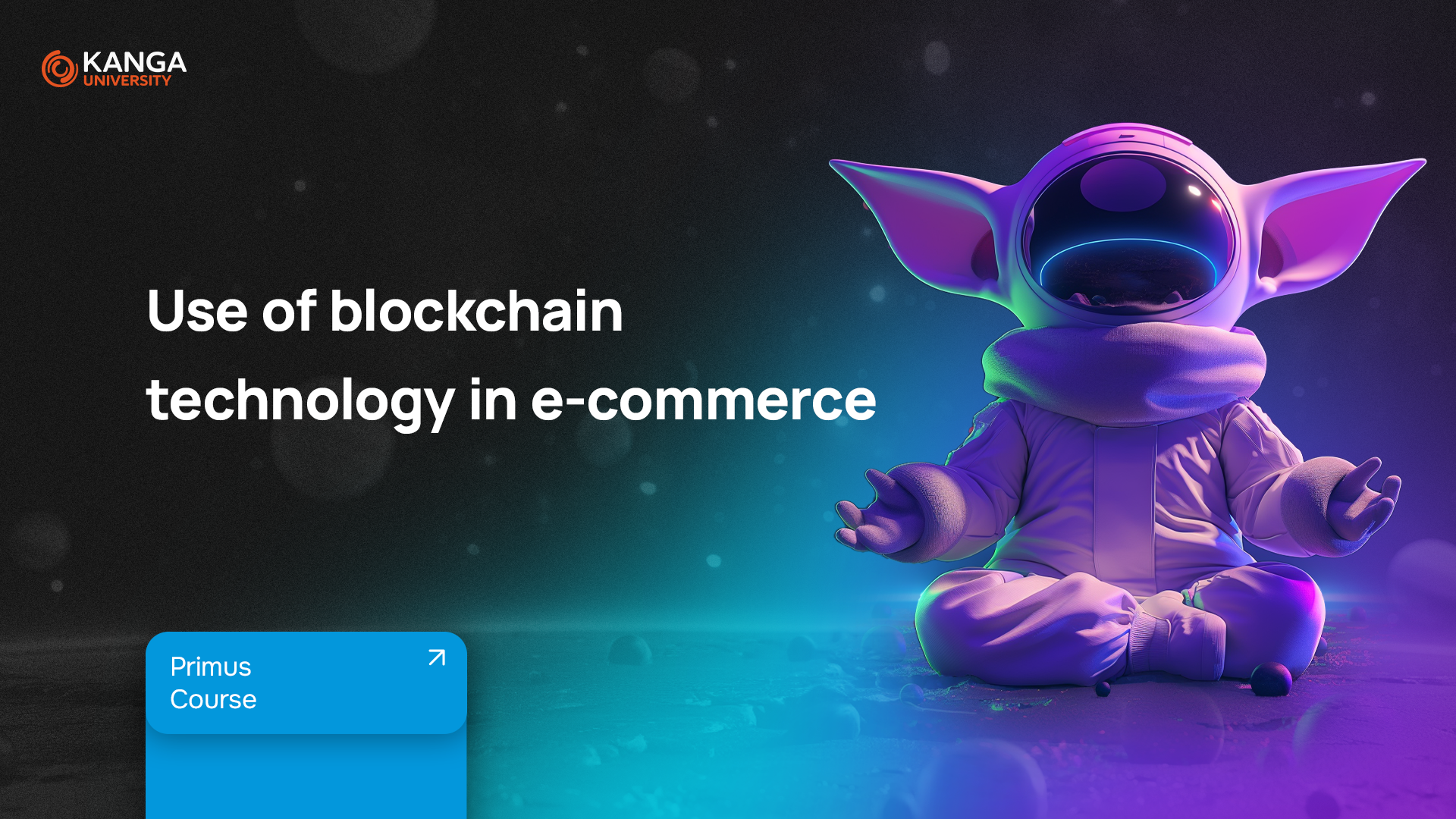
E-commerce is booming. Every second, thousands of people buy something online—from clothing to concert tickets. But behind the convenience of one-click shopping, a powerful technology is quietly changing how everything works: blockchain.
Let’s keep it simple. Blockchain is a way of storing data that’s transparent, secure, and hard to manipulate. When you apply that to online shopping, it opens up a world of possibilities—from safer payments to smarter supply chains.
Here’s how blockchain is already reshaping the future of e-commerce—and what it means for shoppers, creators, and brands.
1. Direct Payments Without Middlemen
Online payments usually go through a long chain of banks, card processors, and platforms—all of which take a cut and slow things down.
Blockchain enables direct, fast, and secure transactions between buyer and seller, often using cryptocurrencies like Bitcoin, Ethereum, or stablecoins. This can cut costs, reduce fraud, and speed up the checkout process.
Big players like Shopify are already exploring blockchain-powered payments through tools like Solana Pay.
2. Full Transparency: From Factory to Doorstep
Ever wondered where a product actually comes from?
Blockchain makes it possible to track every step of a product’s journey—from manufacturing and shipping to final delivery. This is especially important for food, electronics, and luxury goods.
For example, Carrefour is using blockchain to prove the origins of its products, while IBM helps businesses build trust with fully traceable supply chains.
3. Better Control Over Your Personal Data
In today’s world, privacy matters. With blockchain, users can manage their digital identities and decide exactly what data they share—and with whom.
This makes identity theft and data leaks less likely. Projects like Spruce ID and Civic are already creating secure, blockchain-based login systems that give users control over their personal information.
4. Lower Costs by Cutting Out the Middlemen
Smart contracts—self-executing programs on the blockchain—allow for direct interactions between sellers and buyers without intermediaries.
Platforms like Origin Protocol and Boson are building decentralized marketplaces where listings, payments, and reviews are handled entirely on-chain. That means lower costs, faster processes, and more trust.
5. Safer Transactions, Fewer Scams
Fraud in online shopping is still a massive problem. Blockchain can make a real difference.
Each transaction is recorded in a public, tamper-proof ledger secured by cryptography. That makes it harder for scammers to fake product listings, payment receipts, or delivery confirmations.
With blockchain, buyers and sellers both have a permanent, verifiable record of their interaction.
6. Loyalty Programs That Actually Work
Loyalty points often feel useless—you earn them slowly and can only spend them in one place.
Blockchain makes loyalty systems more flexible. You could earn points on one platform and use them across others, trade them, or even sell them. Companies like Rakuten and Travala are already building blockchain-based loyalty systems that put more value in your hands.
7. Supply Chain Management, Upgraded
Blockchain gives businesses a powerful way to manage inventory, shipping, and deliveries.
By recording each step of the supply chain on a decentralized ledger, companies can spot problems earlier, reduce delays, and prevent counterfeits. Walmart has shown that tracing a product’s origin—like a mango—can go from 7 days to just over 2 seconds using blockchain.
8. Fighting Fake Reviews and Bad Actors
Fake product reviews and scam listings are a serious issue in online shopping. Blockchain helps fix that by linking each review to a real purchase.
Once a review is recorded on the blockchain, it can’t be changed or faked. That builds real trust between brands and customers—and helps filter out bad actors from the system.
Real Companies Already Using Blockchain in E-Commerce
Here are some big names exploring blockchain for online retail:
-
Amazon – has filed patents involving blockchain use in product tracking and data management
-
Walmart – using blockchain to track food and improve supply chain safety
-
Alibaba – exploring blockchain to verify product authenticity
-
eBay – researching blockchain to boost trust and transparency
-
Overstock – one of the first major e-commerce sites to accept crypto payments
-
Rakuten – building blockchain tools for loyalty and digital asset management
While most of these projects are still in testing phases, the momentum is growing—and the direction is clear.
Summary
Blockchain isn’t just a tech buzzword anymore. It’s quietly solving real-world problems in e-commerce—like fraud, high fees, and lack of trust.
As younger, tech-savvy customers expect more from online stores, businesses that adopt blockchain early will likely stand out. Whether it’s transparent product tracking, faster checkouts, or smarter loyalty rewards—blockchain offers a better shopping experience for everyone involved.
The next time you shop online, there’s a good chance blockchain will be working quietly in the background—making it safer, faster, and smarter.